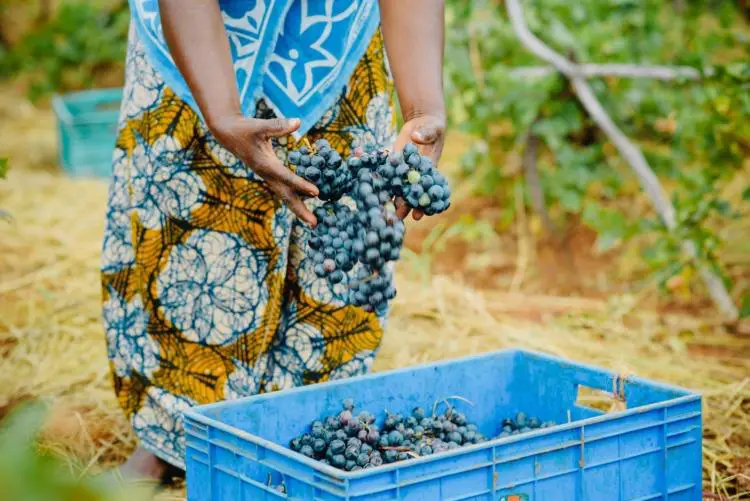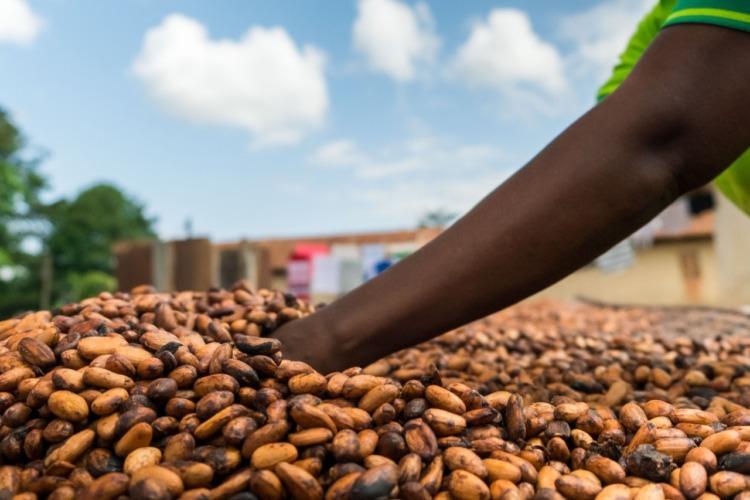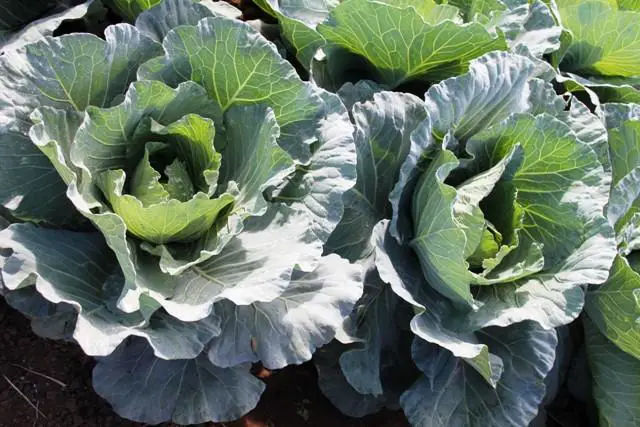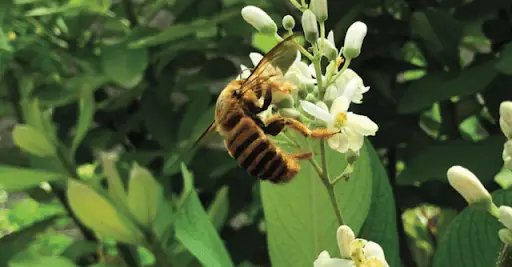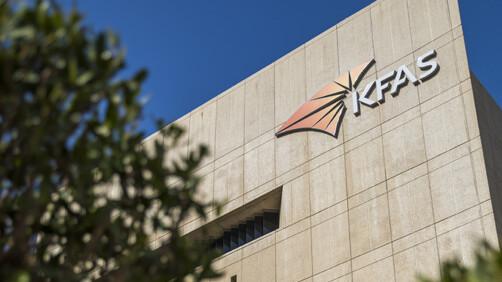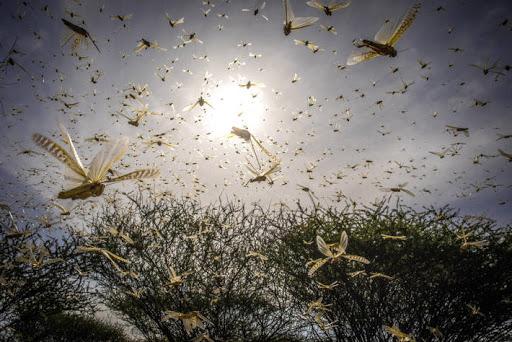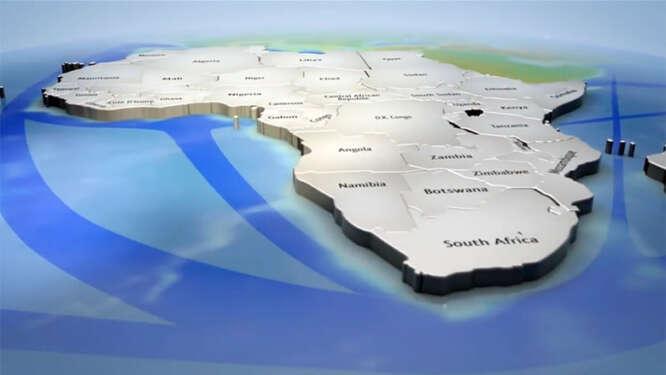- Dawood Al Shezawi: Why AIM Congress 2024 is the epicenter of global economic and cultural dialogues
- d.light’s 600,000 cookstoves project verified as top source of quality carbon credits
- Artificial intelligence (AI) could create a turning point for financial inclusion in Africa
- AIM Congress 2024: Catalysing global investments with awards
- Kenya’s economic resurgence in 2024
- The most stressful cities to live in 2024 exposed
- Tech ventures can now apply for the Africa Tech Summit London Investment Showcase
- State of journalism survey 2024 shows media houses are lagging in AI adoption
Browsing: Food Security
A recent report by Save the children has revealed that Kenyan children born over the past year will on average face 4.6 times more drought during their lives than their grandparents.
According to the research, the risk is significantly higher in many low- and middle-income countries, particularly in Asia and Africa. Compared to 60-year-olds, newborns in Afghanistan will confront 5.3 times more drought in their lifetimes.
“In Tanzania and Kenya, children will face 2.8 and 4.6 times the exposure to drought, respectively,” it read in part.
The organisation also noted that the children will be the most affected because they are at a greater risk of battling waterborne diseases, hunger and death due to drought and floods.
“Some children might even be hit by several disasters simultaneously or in quick successions such as drought, floods and fires,” it added.
According to an analysis by the International Federation of Red Cross …
No family wants to be stuck in their home and yet starve due to food security systems being shaken by the COVID-19 pandemic which has taken more than 40 million people’s lives and affected over 200 million worldwide.
That scenario could become occurring dangerous reality if food security concerns are not addressed immediately, as reports from multiple food security monitoring groups such as the Alliance for a Green Revolution in Africa (AGRA) suggests that East Africa will “remain a food insecurity hotspot as new COVID-19 variants continue to spread”.
The pandemic and its new variants bring more pressure to the fragile food security systems and unstable economies of East Africa, as precautionary measures weigh in on-farm operations, weaken supply chains and increase cross-border trade tensions.
Even before the pandemic shocks, the African food system had a few setbacks in its path which included the inadequate capability to analyze risks and …
The first 1000 days after conception are very vital in a child’s life. This is a formative stage where the child needs nutrients and protection to enable them to thrive. Children who lack these key nutrients during the 1,000 days between conception and the age of two become stunted permanently.
This also makes them more predisposed to diseases as they are weaker.
According to data from the African Development Bank (AfDB), statistics from two years ago show that two out of five of the world’s stunted children under the age of five were living in Africa. This is an increase from the 2017 data that showed that only over one-third of five children were stunted.
Also Read:Safeguarding food security, nutrition in East Africa in the pandemic era
Africa is the only region in the world where the number of stunted children has risen in the past several years. This …
Stakeholders of agriculture on the continent have urged governments to work with the private sector to build resillient food systems to bridge the widening gap in production.
Speaking during the Alliance for a Green Revoluton in Africa (AGRA) organized Africa Green Revolution Forum (AGRF) Summit last week, speakers reiterated that food security cannot be achieved without a gvernment facilitated enabling environemnt for agribusiness to thrive.
The summit was held ahead AGRF , slated for September in Nairobi, where leaders, while celebrating the milestones the agriculture sector has made over the years, called on enhanced collaboration in transforming the continent’s food systems amid rising concerns over global food shortages owing to increasing population, shrinking land and climate change.
“As we look at innovative ways of producing food to feed our people, assist our farmers and bolsters agribusinesses, we must explore ways of working together to actualize this commitment. The partnership between …
Africa remains one of the most vulnerable regions in regard to food security, and is under great pressure to solve the increasing need for food due to an explosive population growth. Despite that, one out of four undernourished people globally is coming from Africa. Sub-Saharan Africa (SSA) is paying the highest price for fertilizers in the world. The costs of fertilizers in SSA are roughly four times higher than in Europe, and the food security of African nations is greatly dependent on imported fertilizers. Even more concerning, the global price of fertilizers has been increasing during the crisis, such as the global food crisis affecting Africa – and even during the pandemic. How is it possible that the world’s most expensive fertilizers are sold in Sub-Saharan Africa, while the continent is suffering to feed her people? What needs to change?
No local production of fertilizers
The mineral fertilizer industry is …
It is hard to remember any decision that has ever harmed Kenya as much as the recommendation now before parliament that it adopts the European Union’s (EU) policies on agricultural inputs and phase them out. In fact, as the latest and most disastrous move yet by health policy-makers to take over the country’s agricultural policy, it is an overreach where ignorance could cost us 20 per cent of our entire GDP, as well as countless lives.
Also read: East African Trends: A focus on East Africa’s agribusiness investments
For there is nothing about the recommendation from the Parliamentary Health Committee to indicate it has examined the policies it wants introduced, or understood them, or assessed the impact on Kenya. Nor has it mentioned why the rest of the world – including Kenya itself – has moved into WTO disputes seeking the overturning of the very same policies, or why the …
Unemployment remains a big challenge for African governments yet the continent is missing job opportunities offered by the region’s biggest employer, the agriculture sector.
For Africa, food security remains an elusive dream with projections showing that the continent is spending billions of dollars importing what it should be producing. The food import bill hit US$43 billion in 2019, according to Brookings.
The World Bank notes that in the last few decades, Africa’s food import bill has more than tripled, hitting about US$35 billion a year. The irony is that most of what is imported could be produced locally, which could create jobs that are much needed.…
The Kuwait Foundation for the Advancement of Sciences (KFAS) (www.KFAS.org) announced the appointment of Dr. Khaled Ali Al-Fadhel as the new Director General of the Foundation in March. In this capacity, he will also serve on the Board of Trustees for the Al-Sumait Prize for African Development (www.AlSumaitPrize.org). Dr. Al-Fadhel succeeds Dr. Adnan Shihab-Eldin, who retired earlier this year, and had served as Director General of KFAS since 2011, as well as a member of AlSumait Prize Board of Trustees since 2015.
When asked about his vision for Al-Sumait Prize for African Development, he stated: “It is our goal to elevate the impact and standing of Al-Sumait Prize. One of the most certain ways to ensure that humanitarian efforts and initiatives continue their momentum, and their perceptible success, is to establish awards such as Al-Sumait Prize that aim to recognize the accomplishments of organizations and researchers dedicated to the creation …
The number and size of desert locust swarms in Ethiopia and Kenya has decreased significantly between January and March this year. While this is indicative that good progress has been achieved, particularly in Kenya where swarms are no longer arriving from the north, the FAO still cautions that the situation in northern Somalia is still dire, given that the swarms and hopper bands invasion are still persistent.
This is according to an analysis by Food and Agriculture Organisation (FAO) which also states that the decline is as a result of sustained control operations and delayed locust breeding due to limited rainfall. …
For the longest time, Africa took a back seat in the world economy. Albeit for various reasons, some beyond the continent’s control, Africa was not recognized as an active economic participant by developed countries. However, there has been a paradigm shift in the past few decades as Africa has begun to forge its destiny and implement policies that benefit its economic status in the world. Africa has been recognized as the world’s second-fastest-growing regional economy with anticipated annual growth of about 3.9% by 2022. …





